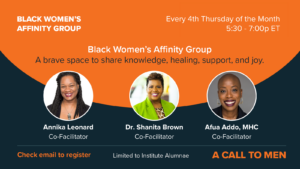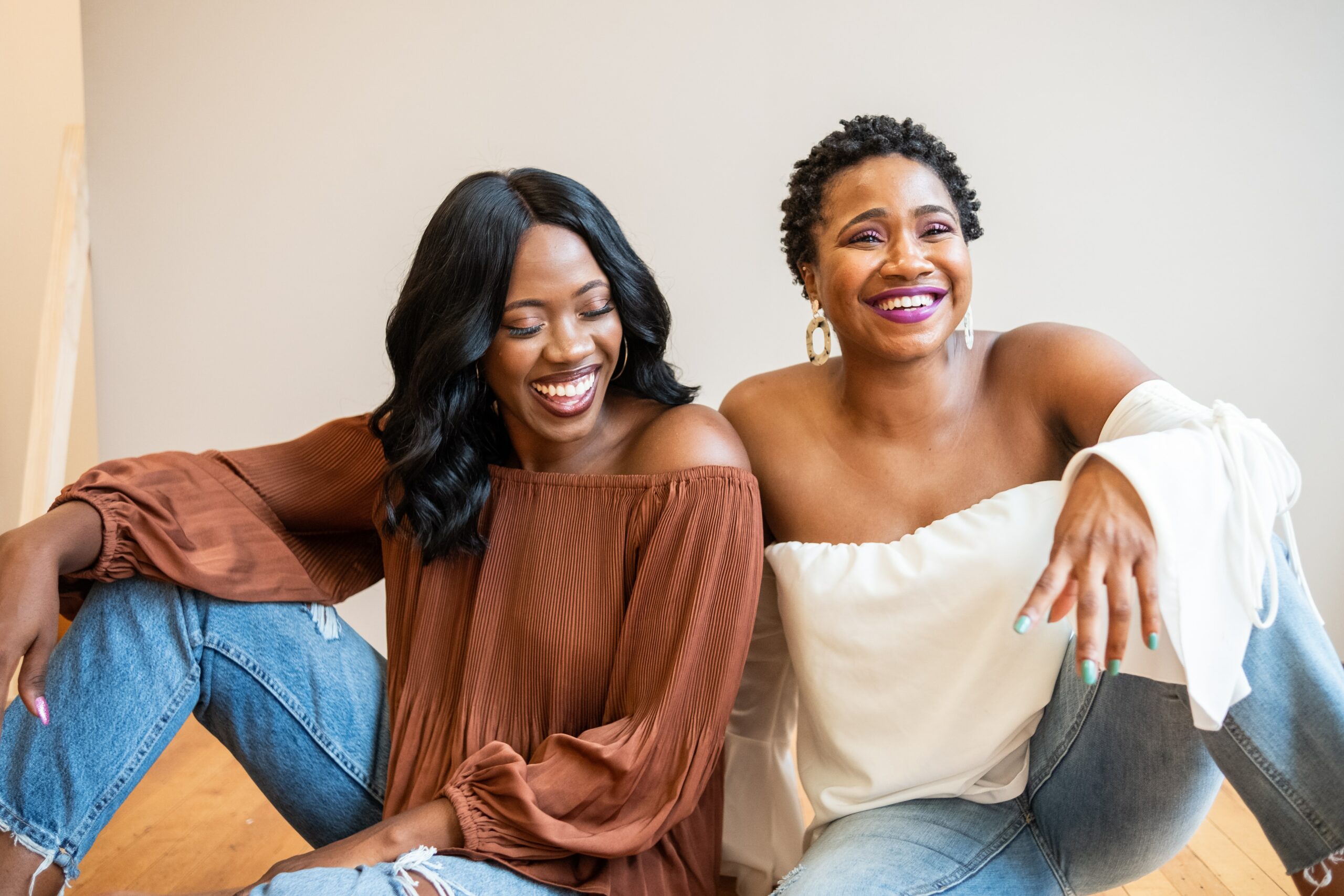Dear Queens,
July is BIPOC Mental Health Awareness Month, which raises awareness about the struggles Black, Indigenous, and other people of color have with mental illness and mental health. According to research from the American Psychiatry Association, Black Americans experience mental health concerns at a similar rate to the general population. However, it’s generally known that BIPOC folks seek out care at lower levels. One of the reasons this happens is because the vast majority of mental health treatment providers in the United States do not reflect the populations they serve. Without relevant lived-experiences, providers who are not part of the BIPOC community might underestimate the effects the intersections of gender and race play on a person’s mental health, potentially leading to a diminished quality of treatment. This is one of the reasons we’ve created the Black Women’s Affinity group. This month, we feel like we need this space more than ever.
On June 24, 2022, we headed into our weekend plans a little heavier than expected. The disheartening dread that comes with the feeling of powerlessness and fear was almost impossible to shake. It is clear that overturning Roe v. Wade is not about babies, born or unborn, or about birthing; this is about power and control and their ability to remove our agency to make decisions about our well-being, i.e., control over bodies, populations, health, and wellness. Anti-Blackness in the United States has always been a vehicle for harm and control over cis and trans-Black girls, women, and gender expansive youth. Roe v. Wade is no exception. This is a direct attack on the reproductive rights of Black people and will continue to have a detrimental impact on the lives of young Black people as we see their rights to self-determination and body autonomy ripped from them (Girls for Gender Equity, 2002). Because of the prevalence of violence against Black women, we know this threatens healthy outcomes for all of us. We know that Black women’s bodies have long been the target of supremacist power and control. We do not need folk to acknowledge this; we need reform, protest, and full reproductive justice. Also, we need to fight for women, girls, and femmes, the way we always have been, to ensure that folk truly know that protections for Black women’s and girls’ bodies is protection for all bodies.
At this moment, we can only rely on the strength of our ancestors and the wisdom of Black women who came before us, those still among us, and those guiding our heritage. There is no shortage of determination to support the safety and well-being of our communities. We know this because history holds onto the memory of Black women, femmes, and girls doing what is challenging, risky, and necessary in order to access and build communal support. This is why we look forward to our Black Women’s Affinity Space.
We’ve created a safe space by Black women for Black women whereby our thoughts, feelings, and emotions are shared to provide access to education, resources, and expertise in many areas. We are inviting all Black women who have attended our Training Institute for Gender & Racial Justice to join us in co-creating an ongoing Black Women’s Affinity group. We are meeting once a month on the 4th Thursday from 5:30 p.m. – 7:00 p.m. ET.

If you are a Black woman who has not yet attended our Training Institute for Gender and Racial Justice and would like to, please register HERE. As an added bonus, we are offering scholarships for Black women for our upcoming Institute. If you are interested in a scholarship, please contact Lina Juarbe Botella at lina@acalltomen.org.
Many of you reading this open letter may not identify as a Black woman. It is our hope that our words, while not directed to you, move you to action as BIPOC Mental Health Awareness Month comes to a close. We invite you to join us for an upcoming Training Institute for Gender and Racial Justice where you can:
- Commit to investigating how it’s possible that in 2022, we are still navigating the underrepresentation of BIPOC providers in the mental health field.
- Evaluate and define your role in dismantling white supremacy culture and anti-Blackness
- Make a strong and active commitment to practice aspiring allyship in support of cis and trans-Black girls, women, and gender non-conforming folx.
Lastly, we encourage you to think outside of self and share this open letter with others in your circle of influence.
With Love and Melanin,
Afua Addo, MHC, Dr. Shanita Brown, and Annika Leonard
